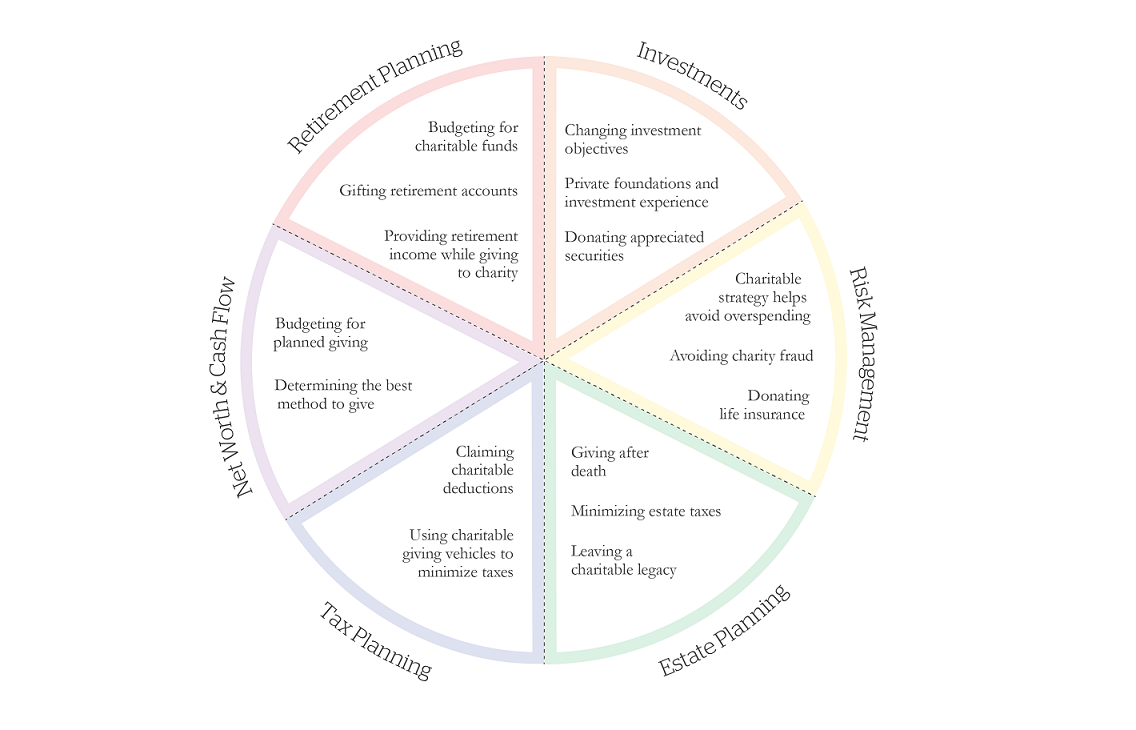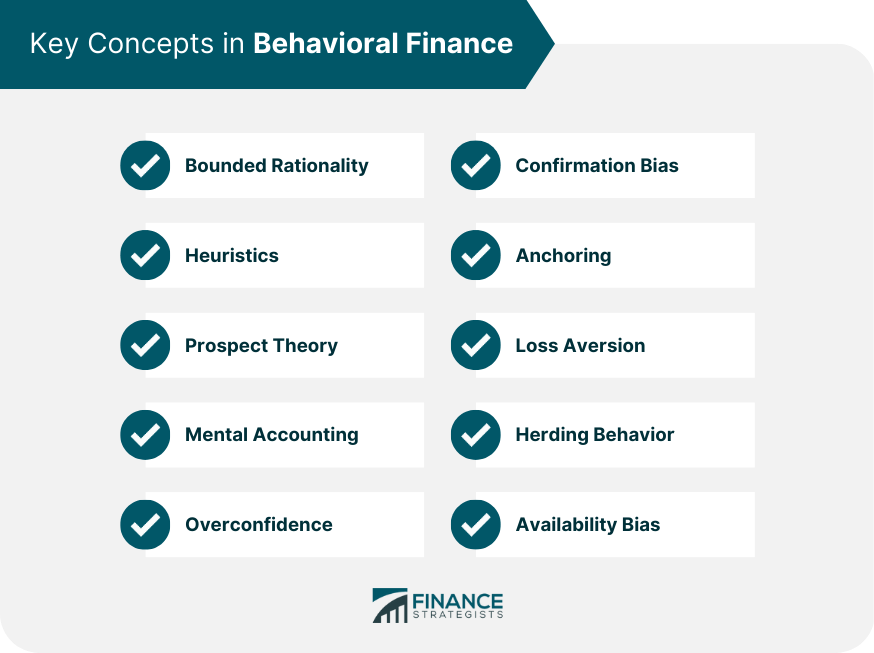Introduction
Understanding investor behavior is crucial in the field of finance. Behavioral finance explores the psychological and emotional factors that influence financial decision-making. It combines principles of psychology and economics to provide insights into why investors often make irrational choices.
The Impact of Cognitive Biases
Cognitive biases play a significant role in shaping investor behavior. One common bias is the confirmation bias, where individuals seek out information that supports their existing beliefs while ignoring contradictory evidence. This bias can lead to poor investment decisions, as it limits the ability to consider alternative viewpoints.
Another cognitive bias is the availability heuristic, which occurs when individuals rely on immediate examples that come to mind when making decisions. This bias can lead to overestimating the likelihood of certain events occurring, affecting investment strategies.
Herd Mentality and Market Bubbles
Herd mentality refers to the tendency of individuals to follow the actions and behaviors of a larger group. In finance, this can contribute to the formation of market bubbles, where asset prices become detached from their intrinsic value. Investors may feel pressured to join the herd, fearing they will miss out on potential gains.
Market bubbles are often driven by psychological factors rather than fundamental analysis. Understanding herd mentality can help investors avoid being caught up in speculative bubbles and make more informed decisions based on objective analysis.
Emotional Bias and Loss Aversion
Emotions play a significant role in investment decisions. Emotional biases, such as fear and greed, can cloud judgment and lead to impulsive actions. Loss aversion is another emotional bias, where individuals fear losses more than they value gains. This bias can result in investors holding onto losing investments longer than necessary, hoping to recover their losses.
Recognizing and managing emotional biases is essential in maintaining a balanced and rational investment approach. By acknowledging the influence of emotions, investors can make more objective decisions based on thorough analysis and risk assessment.
Conclusion
Behavioral finance offers valuable insights into understanding investor behavior. By recognizing the impact of cognitive biases, herd mentality, and emotional biases, investors can make more informed decisions and avoid common pitfalls. It is crucial to approach investment decisions with a rational mindset, considering objective analysis and long-term goals.





